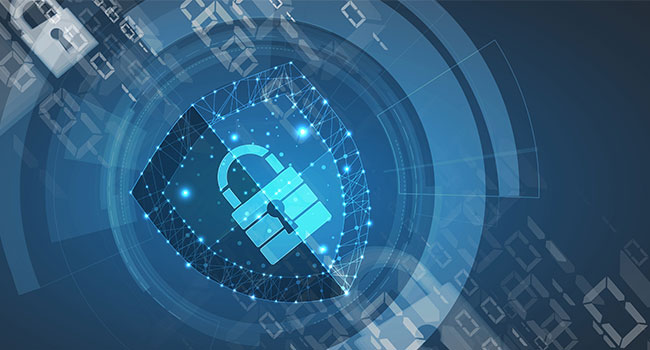
Page 2 of 2
Why Cybersecurity Has Never Been More Important
Cyber security in the new technological age is of greater importance than it has ever been before because the entire globe is now involved and connected. When we saw the damage roll out from the Equifax breach then we knew how far technology has taken us. It, unfortunately, also made us very aware that we can be hacked at any time and lose almost everything. The risk associated with progress is always great and must be considered at all times.
From that breach, many people had their ID stolen and their private details seized. Combine all of this with the Target breach a few years ago and then suddenly someone has all of your information. The alarm that these breaches caused is totally justified and rooted in a real problem that we are facing in the interconnected age. The threats to our security can now come from all sides as we have computers, or computerized things, in every aspect of our lives.
The devices we use to read books are connected to the internet along with our phones and even our TVs. When so much of our lives depend on the internet then it has the power to devastate us in even greater ways than ever before. This is where cybersecurity comes into the mix as we need something there to keep us safe and secure from outside forces that wish to do us harm. Though the internet age can seem like we are cloistered, in fact, we have never been more connected and in need of even more advanced software. There is a fear of exposure that is very much rooted in reality. Now a hacker can break into your phone, computer, or even your car and know everything they need to know to steal your privacy.
Cybersecurity is so important now because the cybersecurity risks are greater and so is the number of devices. Most people in the United States have both a smartphone and a computer which immediately complicates a problem that once was not there. The adaptability of cybersecurity teams is incredible and the firewalls they create help keep us secure.
Now however, we are entering the world of personal cyber security. This means that we must educate ourselves and others about best practices so as to not unwittingly give up our own information with our own recognizance. The steps to do this are simple as they require keeping strong passwords and encrypting files. However, a large portion of the United States does not know even the simplest strategies for protecting their data and their hardware.
This elevates the risk even further as the potential access points on a network expand rapidly when there are many unsecured devices on the same network. When individual users do not secure their devices then hackers have multiple portals through which they can access a network and then manipulate an intranet to steal whatever data they may want. Files on phones can be encrypted but, the most diligent way to stay safe on mobile is to constantly update and use a discerning eye when downloading attachments and applications.
There is also the issue of massive unsecured networks that have access points without passwords or who give them away freely. It is incredibly important to stay steadfast in the pursuit of encryption and safeguarded against unknown devices. When using a private router always make sure to hide the broadcast so that hackers using scanners cannot locate your WiFi SSID. Even at home it is imperative that you were computer stays up to date with antivirus software like Malwarebytes and Windows Defender. Always update and encrypt sensitive files as well as back them up on an external drive so that you also have a physical copy of all of your information.
This is why cybersecurity has never been more important than it is today. So many people have unprotected devices that exist on public networks with no encryption and no firewall. One breach of an unsecured device on a public network can mean that everybody's information can be stolen and used maliciously.
When your phone is hacked it can now be traced to your computer and from your computer to then your work or even your car. The importance of cyber security today hinges on the amount of devices that the everyday person has and how susceptible they are to attacks given the open nature of the internet. Diligence and persistence is the best way to avoid an attack.
Luckily, these strategies can make it really difficult for your information to be stolen. However, even with these strategies, it is still possible to have your network breached and spyware installed. This means, ultimately, it comes down to diligence and watchfulness. The interconnected age is magnificent but comes with its own problems and requires that everyone stay educated and use best practices so that we do not succumb to the whim of a bad egg.
About the Author
Greg Robinson is a tech entrepreneur with interest in emerging technologies particularly VR/AR, 3D technologies as well as how artificial intelligence will impact the future of work.